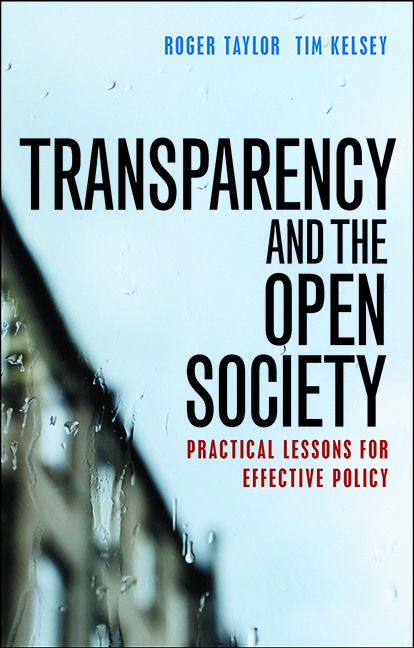18 - Surveillance, transparency and privacy
Published online by Cambridge University Press: 05 April 2022
Summary
The spread of information technology has meant that ubiquitous mass surveillance is both possible and, to a very significant extent, practised in most parts of the world.
Surveillance is the ongoing collection and analysis of information about a particular target in order to identify risks. This term is frequently used to refer to surveillance of individuals, most often in relation to criminal or security investigations, or the tracking of communicable diseases through a population. Surveillance of organisations or processes tends to be referred to as monitoring. But the principle is the same. It is the ongoing collection of data in order to assess the risks/behaviours of a particular organisation or process.
We should distinguish between data collection and surveillance. Most government and commercial activity today results in the creation of electronic records about the individual. A bank cannot operate without recording our transactions. Amazon cannot sell us goods without recording our purchases, payments and deliveries. Government can only collect taxes by maintaining databases and records. Doctors are required to maintain medical records as part of treating patients.
The creation of vast amounts of data about us is not something that can be avoided. The question is what is going to be done with that data. Who gets to decide what is destroyed, what is kept and how it is used?
Surveillance is the area of most contention as it is not technically essential to the delivery of a service but has, in many cases, become the primary engine of efficiency and improvement in such services. Amazon does not have to use data about you to optimise its distribution chain or predict what to offer customers. But it represents, to a significant degree, its competitive advantage. Healthcare can be provided without using data about patients to calculate how many nurses are needed on each ward or to identify which treatments are making people better. But it is not possible to deliver high quality healthcare without doing these things.
Surveillance of population data is the way in which organisations work out how to deal with people, or customers, based on the information they hold about them. It is about determining the likelihood that the credit card order received by a company is fraudulent and should be rejected, or the likelihood that its product is causing harm to customers.
- Type
- Chapter
- Information
- Transparency and the Open SocietyPractical Lessons for Effective Policy, pp. 297 - 318Publisher: Bristol University PressPrint publication year: 2016



